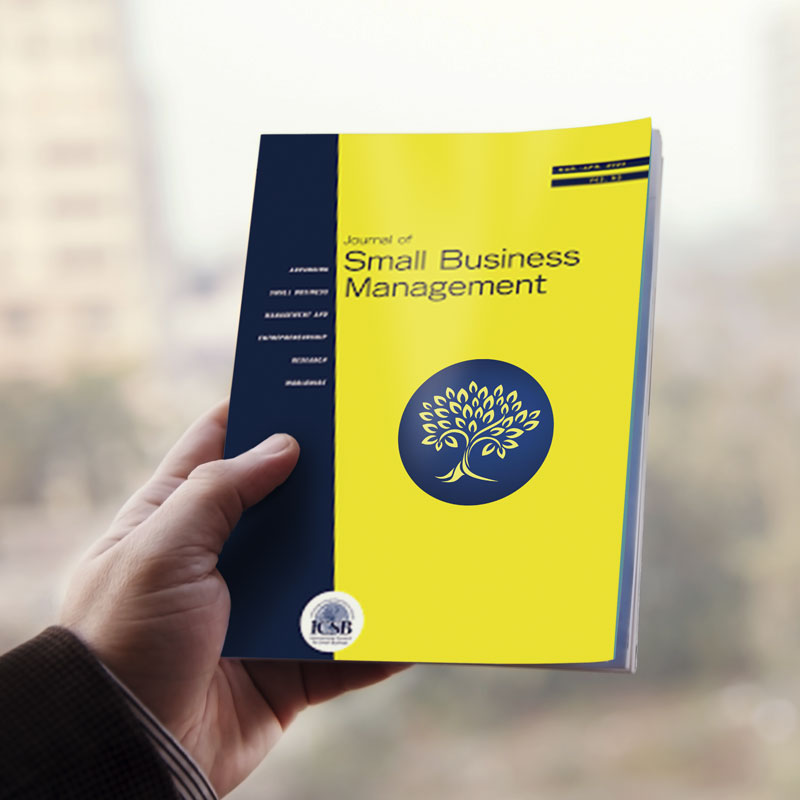
By: Herman Aguinis, George C. Banks, Steven G. Rogelberg, Wayne F. Cascio
Originally published online: March 3, 2020
ABSTRACT
Efforts to promote open-science practices are, to a large extent, driven by a need to reduce questionable research practices (QRPs). There is ample evidence that QRPs are corrosive because they make research opaque and therefore challenge the credibility, trustworthiness, and usefulness of the scientific knowledge that is produced. A literature based on false-positive results that will not replicate is not only scientifically misleading but also worthless for anyone who wants to put knowledge to use. So, a question then arises: Why are these QRPs still so pervasive and why do gatekeepers of scientific knowledge such as journal editors, reviewers, funding- agency panel members, and board members of professional organizations in charge of journal policies not seem to be taking decisive actions about QRPs? We address these questions by using a science-practice gap analogy to identify the existence of a science-practice gap in open science. Specifically, although there is abundant research on how to reduce QRPs, many gatekeepers are not adopting this knowledge in their practices. Drawing upon the literatures on the more general science- practice gap and QRPs, we offer 10 actionable recommendations for narrowing the specific science-practice gap in open science. Our recommendations require little effort, time, and financial resources. Importantly, they are explicit about the resulting benefits for the various research-production stakeholders (i.e., authors and gatekeepers). By translating findings on open-science research into actionable recommendations for “practitioners of research”, we hope to encourage more transparent, credible, and reproducible research that can be trusted and used by consumers of that research.
CLICK HERE TO READ FULL ARTICLE >
Click here to read all Journal of Small Business Management articles >


